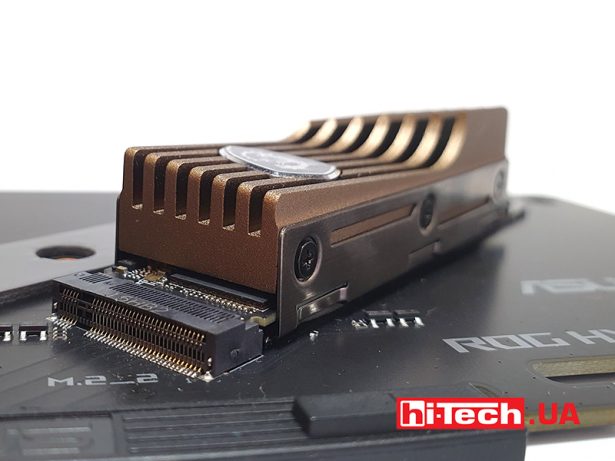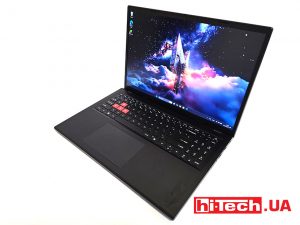Phison E28 PCIe 5.0 NVMe drive platform delivers speeds of up to 14.5GB/s
16.01.25
At CES 2025, Phison introduced the new PS5028-E28 SSD controller, which became the fastest platform for NVMe drives with a PCI Express 5.0 x4 interface in the Taiwanese manufacturer’s range. According to the company, devices based on this controller will be able to reach read and write speeds of up to 14.5 GB/s.
The Phison PS5028-E28 controller is manufactured using a 6-nm process technology at TSMC and works with flash memory in eight-channel mode. The platform supports chips with a bandwidth of up to 4200 MT/s and allows you to create drives with a capacity of up to 32 TB. The maximum performance when working with random blocks is about 3 million input-output operations per second (IOPS), and the average power consumption of the controller is 8.5 W. The expected release date of drives based on this platform has not yet been disclosed.
Phison also shared that its E31T platform has become the basis for creating the Crucial P510 NVMe drives. These devices, aimed at the mainstream segment, support PCIe 5.0 and offer read speeds of up to 11 GB/s and write speeds of up to 9.5 GB/s. The Phison E31T platform is characterized by good power efficiency, thanks to which drives based on it can operate without the need for additional cooling.
Don't miss interesting news
Subscribe to our channels and read announcements of high-tech news, tes
Oppo A6 Pro smartphone review: ambitious

Creating new mid-range smartphones is no easy task. Manufacturers have to balance performance, camera capabilities, displays, and the overall cost impact of each component. How the new Oppo A6 Pro balances these factors is discussed in our review.
Acer Nitro Lite 16 (NL16-71G) laptop review: versatile and attractive

The 2025 Acer Nitro Lite 16 features an interesting case design, gaming accents, and proven components. Let’s take a closer look at its features.
Baseus EnerFill FC41 – 100W power bank with built-in USB-C cables accumulator charger USB Type-C
The main feature of the new Baseus EnerFill FC41 power bank is two built-in braided USB-C cables. They are fixed inside the case
Samsung smartphones will receive satellite communications support worldwide Samsung smartphone
Samsung has announced expanded satellite communications capabilities for a range of Galaxy smartphones, including the new Galaxy S26 series.


